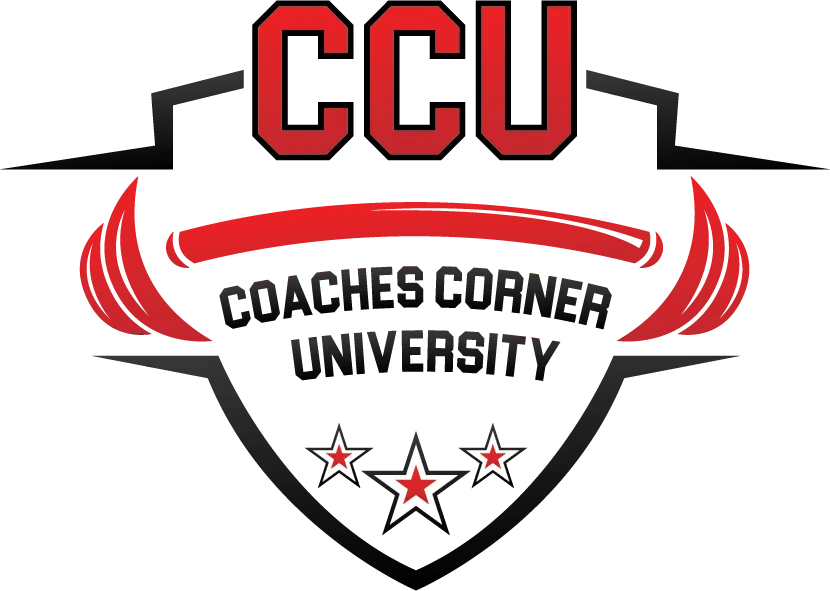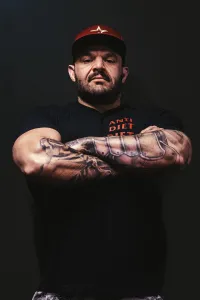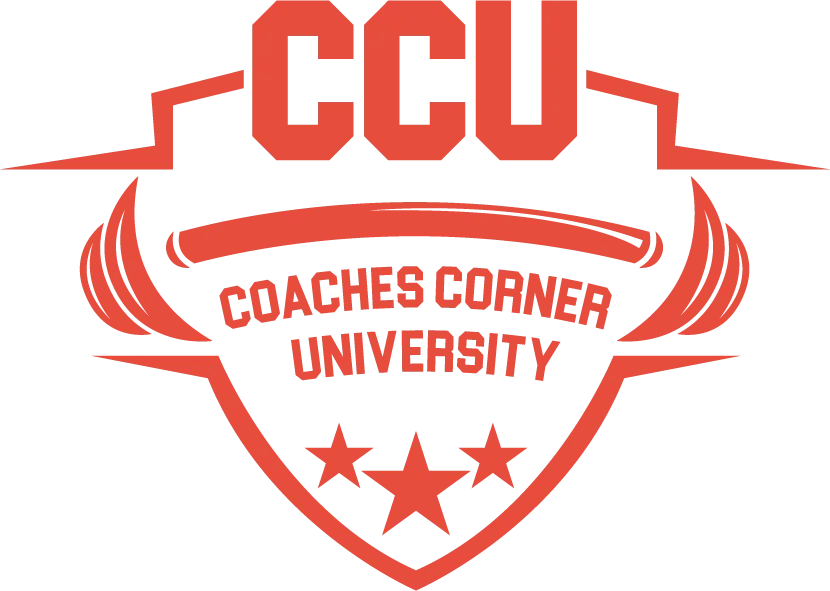Discover The Latest Blogs
Stay updated with Our Informative Blog Posts
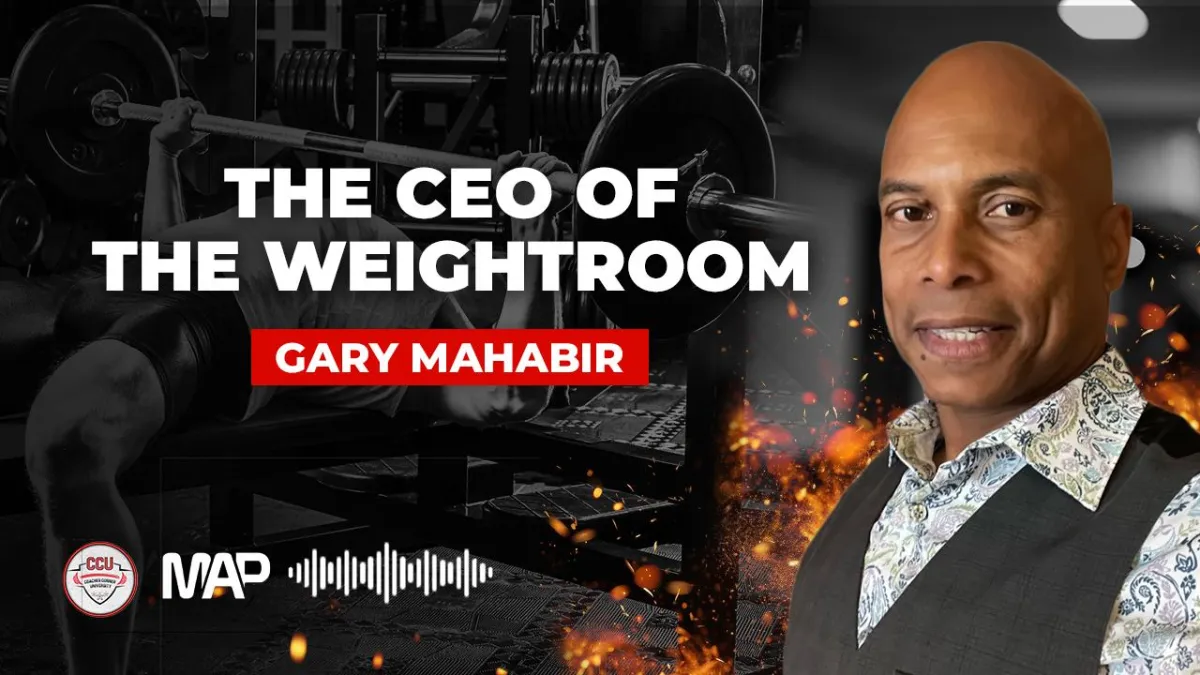
CCU Podcast - The CEO of the Weightroom with Gary Mahabir
The CEO of the Weightroom
Today I sat down with Gary Mahabir, Owner of Mahabir Fitness and Sports LLC. Gary has been an NSCA-CPT since 1995, originally from Trinidad and Tobago, living in New York City. Mahabir Fitness and Sports LLC is an online and in-person personal training service company specializing in helping aging men over 40 and busy corporate executives transform their bodies and lifestyle using appropriate and effective exercise programs and nutritional concepts. Gary owned and operated Knockout Performance, a kickboxing for fitness and personal training studio in Brooklyn from 2017 to 2020. He is also a Renzo Gracie NYC Muay Thai Instructor, a former Mr. Teenage Trinidad and Tobago 1990 bodybuilding champion. He is 55 and on a mission to show and teach other men that they do not have to accept the narrative that vitality and function must diminish with age.
Throughout our conversation, Gary revealed sophisticated coaching methodologies that extend far beyond traditional strength and conditioning protocols. These ten key takeaways represent the distilled wisdom of a coach who has mastered the delicate balance between honouring client ambitions and respecting physiological realities, all while maintaining the therapeutic presence necessary for profound transformation.
10 Key Takeaways from the CEO of the Weightroom
In-Person Experience Creates Unmatched Coaching Foundations
Gary emphasizes that coaches who begin their careers online miss crucial developmental opportunities that only in-person training provides. "There is a level of expertise and experience that comes with being in person and working with people one-on-one or in small groups that you cannot learn if you start online," he explains. The tactile feedback, real-time movement assessment, and immediate corrective interventions available in person create a foundational skill set that translates seamlessly to any coaching modality. This experiential learning develops pattern recognition capabilities and intuitive coaching responses that cannot be replicated through digital platforms alone.
Communication Mastery Trumps Technical Certifications
The conversation reveals that communication—not additional certifications—determines coaching effectiveness. Careful word selection and thoughtful communication create transformative client relationships. "Communication is the number one tool in anything, in coaching and teaching, because it doesn't matter how much you know. What matters is what you can translate or teach someone else." This principle extends beyond exercise instruction to encompass emotional intelligence, active listening, and the ability to create psychological safety during physically challenging moments.
Eliminate Aging Vocabulary to Reshape Client Psychology
Gary's revolutionary approach to "eliminating aging words" addresses the subconscious programming that creates self-limiting beliefs in mature clients. He challenges the conventional chronological mindset, arguing that repeated reinforcement of age-related decline creates self-fulfilling prophecies. "We've been programmed since we were born that every year we add to our chronology, we're getting closer to an endpoint," Gary observes. This linguistic reframing creates psychological space for continued physical development regardless of chronological age.
Balance Executive Impatience with Physiological Reality
High-achieving clients possess the mental attributes for success but often lack patience for biological adaptation timelines. Gary's approach involves honouring their drive while managing expectations: "They have the mindset, they have the drive... but their body isn't ready to go there." The solution involves providing immediate engagement ("giving them the carrot") while establishing realistic progression parameters. This requires sophisticated program design that satisfies psychological needs for challenge while respecting physiological adaptation requirements.
Movement as Medicine: Never Allow Complete Cessation
Gary's personal experience with hip arthritis reinforces a fundamental principle: movement cessation accelerates decline. "One of the worst things I did was not move on it," he reflects about his injury management. The coaching application involves maintaining movement variability and volume even during rehabilitation phases, adjusting intensity and range of motion rather than eliminating activity entirely. This approach prevents the psychological and physiological deconditioning that accompanies prolonged inactivity.
Create Identity Flexibility Through Goal Redefinition
Successful coaches help clients transition from past identity attachments to future possibilities. Gary describes working with clients who fixate on previous physical achievements: "Let's you and I create a new conversation around what's possible for you right now in the next three to five years." This requires sophisticated goal-setting that acknowledges past accomplishments while creating excitement for new challenges. The approach prevents clients from becoming trapped in retrospective comparisons that limit current potential.
Establish Anchoring Habits to Generate Behavioural Momentum
The concept of "anchoring habits" provides a systematic approach to behaviour change. These foundational behaviours create stability and generate momentum for additional positive changes. Gary confirms that exercise often serves as the primary anchor: "When I get people in regularly and have them check in regularly, I'm more likely to see them eat better." The strategic identification and implementation of these keystone habits creates cascading improvements across multiple health domains.
Develop Observational Expertise for Therapeutic Intervention
Elite coaching requires the ability to detect subtle psychological and physical indicators that inform session modifications. Gary's example of recognizing client stress and creating space for emotional release demonstrates advanced observational skills. "I see something isn't quite there. He's not moving the way he normally moves." This expertise allows coaches to address underlying barriers before they compromise training effectiveness, transforming sessions from purely physical to holistically therapeutic.
Apply Anti-Fragility Principles to Build Resilience
Gary emphasizes that controlled exposure to challenge builds rather than depletes capacity. Gary explains: "We're reminding you that you can do hard things. Hard things don't have to break you." This principle requires precise calibration of challenge levels—sufficient to stimulate adaptation without overwhelming recovery capacity. The approach builds psychological resilience alongside physical capabilities, creating clients who seek rather than avoid difficult experiences.
Maintain Zen-Like Presence While Driving Performance
Gary's "Zen Gary" persona demonstrates the power of calm authority in coaching relationships. His approach—"may my silence be more accurate"—emphasizes responsive rather than reactive communication. This presence creates psychological safety that allows clients to explore their limitations without fear of judgment. The combination of technical expertise with contemplative awareness creates coaching relationships characterized by deep trust and transformational outcomes.
These insights from Gary represent decades of refined coaching philosophy applied across diverse populations and training modalities. Our conversation reminds us that exceptional coaching occurs at the intersection of technical expertise, emotional intelligence, and profound respect for human potential—regardless of age, injury history, or current limitations.
Find Gary
Website - mahabitfitness.com
LinkedIn - www.linkedin.com/in/gary-mahabir-b5900b9
Find the Podcast
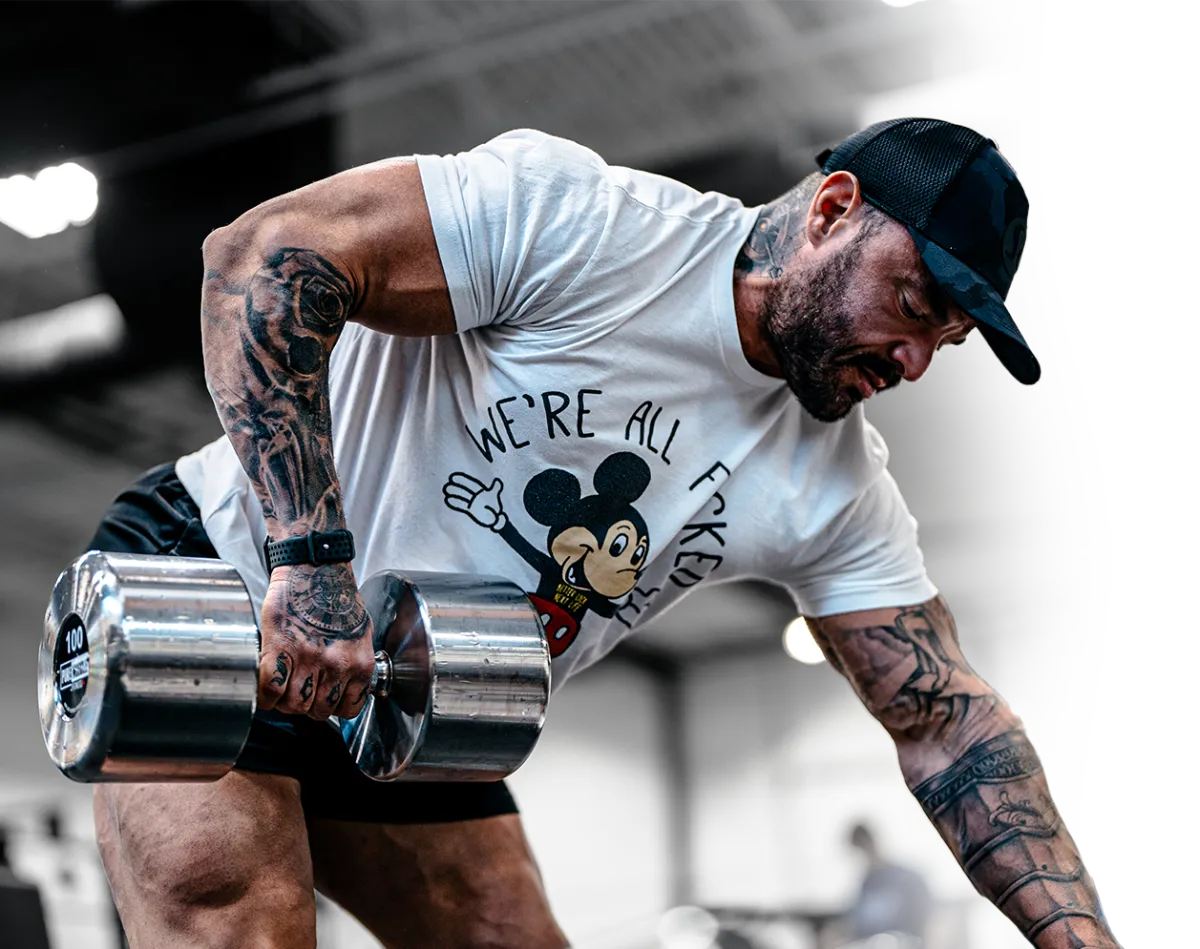
Coaches Corner PhD
